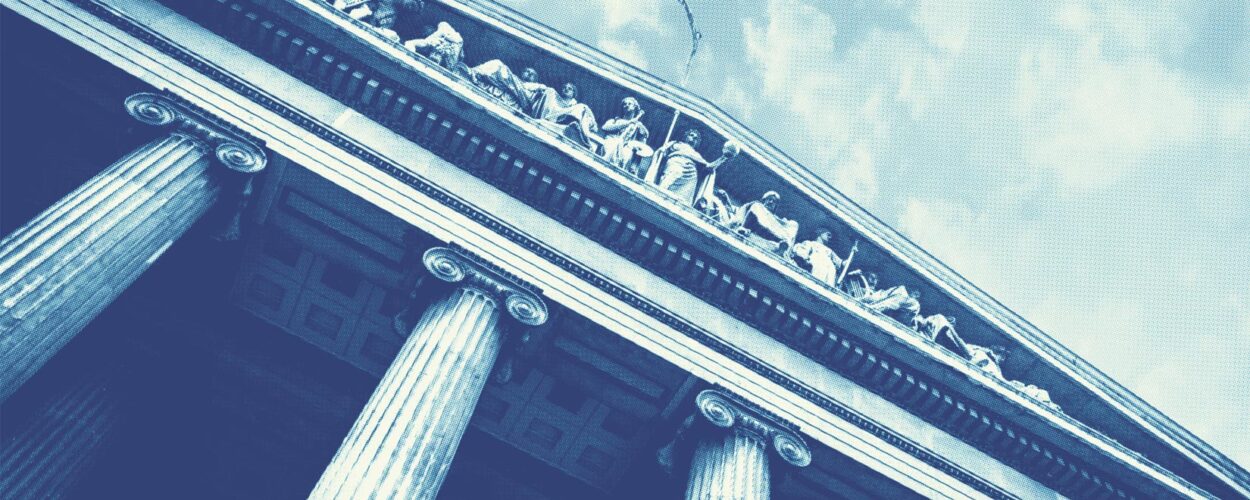Six Things You Need to Know About the Nadler-Johnson Request for Kavanaugh Documents
View the letter here.
1. This request was necessary because Republicans hid 92% of Kavanaugh’s documents from his time at the Bush White House. At the outset of Kavanaugh’s nomination, the National Archives indicated that it held approximately 3.85 million pages of records related to his tenure at the George W. Bush White House. Fewer than 300,000 pages were made available to the American public because:
- Then-Chairman Chuck Grassley requested only the records from Kavanaugh’s tenure in the White House counsel’s office––and none of the records from his tenure as staff secretary;
- When the National Archives told Senator Grassley it could not fulfill even this narrower request until October, he decided to forego the nonpartisan Archives process altogether in favor of an unprecedented process led and supervised entirely by William Burck, George W. Bush’s personal lawyer and former deputy to Kavanaugh in the White House. Therefore, the only White House records seen by the Senate Judiciary Committee were hand-picked and screened by the same lawyer who now represents the likes of Don McGahn, Reince Priebus, and Steve Bannon; and
- Burck further narrowed the documents that would be available to the public, allowing only a hand-picked subset of that already limited production to be viewed by the American people.
2. Because of the sham, Republican-directed process, the non-partisan National Archives did not produce a single page of Kavanaugh’s White House records before Kavanaugh was confirmed. Now, it can.
3. These documents could prove that Kavanaugh lied under oath to the Senate. They also may shed light on his true views on issues such as Roe v. Wade and reveal biases that should disqualify him from hearing abortion-related cases in the future.
4. Therefore, the House must follow the Kagan precedent and make these documents public.
The Senate received more than 99% of Kagan’s responsive documents from her time in the Clinton White House, and only the few records on which President Clinton asserted statutory restrictions against public release were restricted to “committee confidential” access.
5. Trump now must follow the law if he wants to claim executive privilege—and House Democrats will hold him accountable.
President Obama did not assert executive privilege over a single document from Kagan’s White House service. Astonishingly, Republican lawyer Bill Burck, who directed the release of Kavanaugh’s White House documents, claimed that 100,000 pages were being withheld because Trump asserted a privilege over them. But because Burck’s production bypassed the Presidential Records Act, Trump did not have to follow that law in claiming privilege. Now, Trump will.
As Nadler and Johnson note in their letter, if any document is withheld on the basis of any claim of privilege, it must be described “by date, author(s), addressee(s), recipient(s), title, and subject matter, and set forth the nature of the claimed privilege with respect to each.”
If Trump wants to assert privilege over any documents, he now will have to provide notice and there can be litigation over his decisions.
6. Polls show strong support for investigating Kavanaugh.
- 58% of voters think the National Archives should release hidden Kavanaugh documents. Only 27% think it should not.
- 77% of likely Democratic primary voters think the House of Representatives should investigate possible perjury committed by Kavanaugh during his confirmation hearings. Only 12% think it should not.
